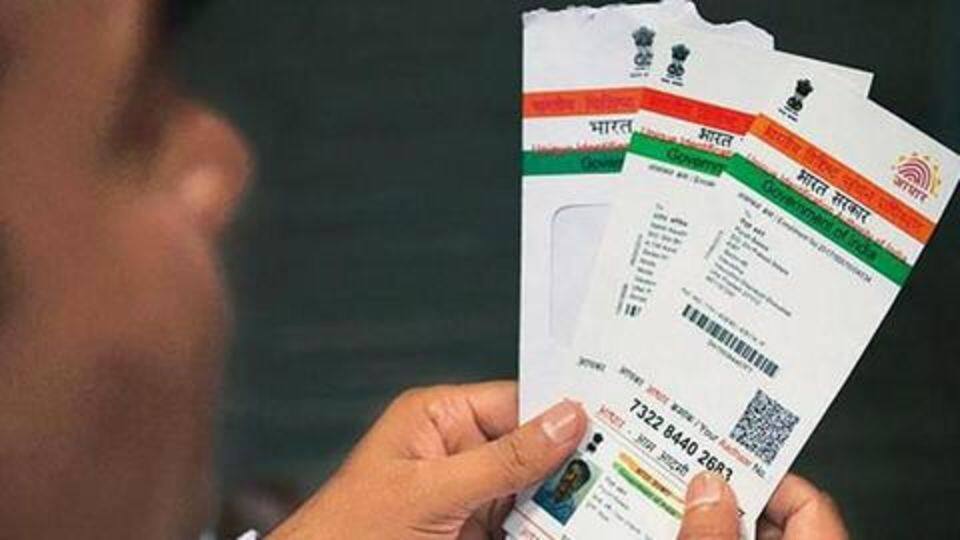
European Court judgement to be cited against Aadhaar
What's the story
Lawyers for the petitioners who have challenged Aadhaar are likely to cite a landmark judgement of the European Court to the Constitution Bench of the Supreme Court who are examining the constitutionality of Aadhaar. In the judgement, the European Court of Justice (ECJ) had ruled that the government's intent to curb crime could not be a valid basis for surveillance of all citizens.
Judgement
The European Court's judgement on the issue of surveillance
The December 2016 judgement of the European Court was used to strike down a law which required all citizens to preserve telecom and computer data for a year. The European Court had invoked the Principle of Proportionality to balance out the competing values of surveillance-for-safety and privacy, saying that surveillance could not negate the fundamental right to privacy, unless absolutely necessary.
Quote
Indiscriminate surveillance cannot be considered necessary for curbing crime
"Such an objective of general interest [curbing crime]...cannot in itself justify that national legislation providing for the general and indiscriminate retention of all traffic and location data should be considered to be necessary for the purposes of that fight," the European Court had said.
India's stand
Where the Supreme Court stands on the issue of privacy
Incidentally, in India the Principle of Proportionality was declared a law by the Supreme Court bench of Justices M Jagannadha Rao and UC Banerjee in the landmark judgement of November 2000 in the Om Kumar and others versus the Union of India case. Furthermore, a nine-judge Constitution bench of the Supreme Court also ruled that the Right to Privacy is constitutionally guaranteed in India.
Why Aadhaar?
The case for Aadhaar
Although the Supreme Court has restricted the use of Aadhaar, the Centre has made the unique biometric identification system all but mandatory through various notifications, circulars, and acts. The main aim of doing so was to cut down corruption in the Indian system and target benefits and services straight to beneficiaries for direct delivery. However, the move has faced significant resistance.
No Aadhaar?
How the case for Aadhaar went south
Despite the Centre's intent to curb corruption, the push for compulsory Aadhaar linking has received significant backlash. By pushing for mandatory Aadhaar linking, the Centre has morphed it into a tool which would ensure a virtual civil death of any non-Aadhaar holding citizens. Moreover, reports of glitches, data breaches, and misuse of private information has left a sour taste in people's mouths.